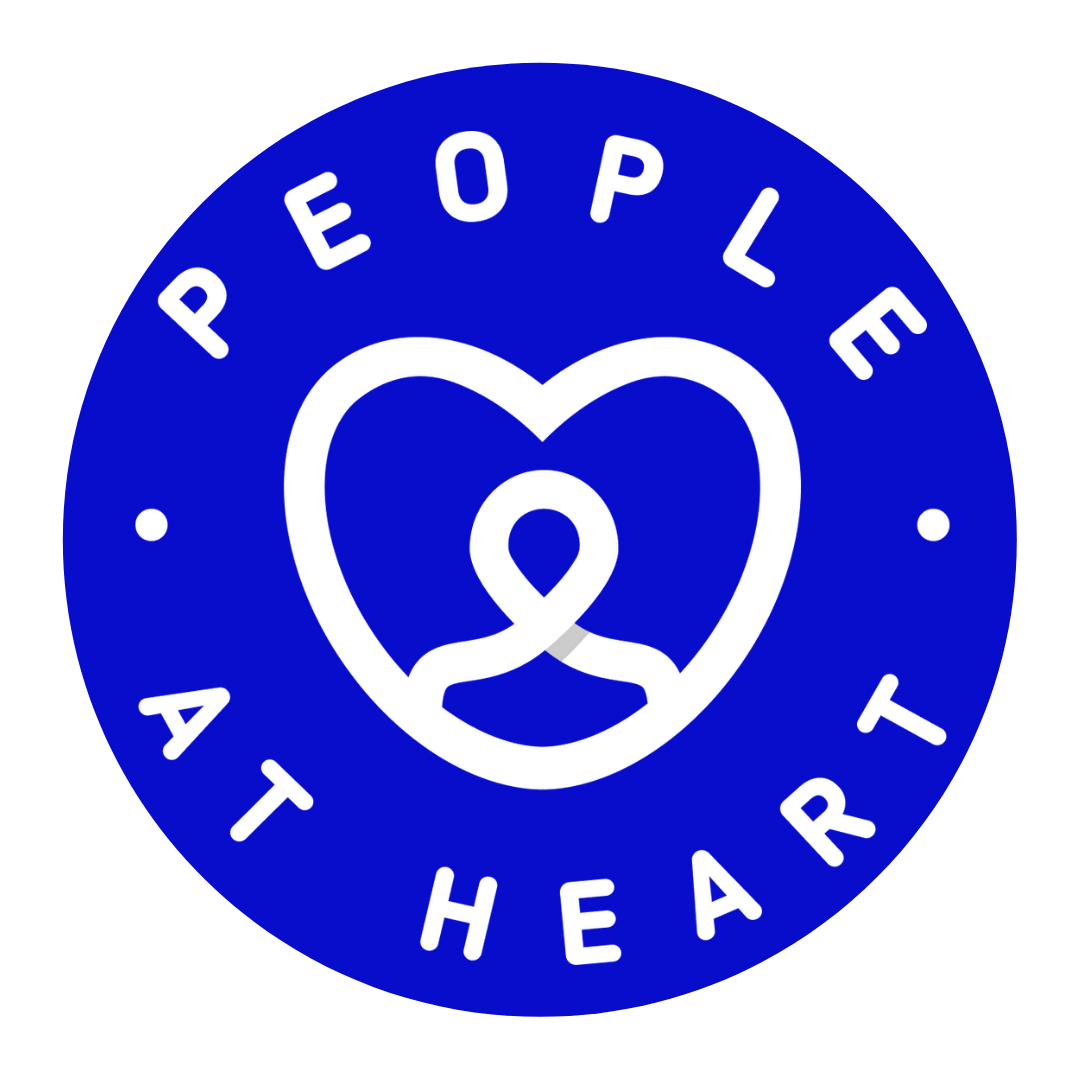Pause - Reflect - Plan
5 steps to reflect and find clarity when you feel lost
I designed this workbook 5 years ago, when I was just starting my freelance life and feeling like I needed something to plan my work life. I didn’t miss the pointless annual performance review process, but having worked in HR, I got used to the idea of looking back at achievements and setting intentions for the year. When I started doing this for myself, I wanted to create a thinking space for my business, but also for my life.
The purpose of this process is to help you take a step back from the busy-ness of your life and look at everything that you’ve achieved, before looking forward and setting your intentions for the short-term future.
This is not an ‘annual review’ that should be done in December or January. You can do this at any time of the year. You could do it every 3 months or every 12 months! That’s why I don’t talk about a specific year or timeframe: it’s for you to decide what makes sense, what’s comfortable. I personally prefer working with quarters rather than months, so do what feels right for you!
I’d like to invite you to play with this, test a few different ways to do it and see what works best for you.
Let’s get started!
Prework (optional)
If you want to make this meaningful, you could add more context around it. My recommendation would be to start by identifying your values and writing up your life vision. It’ll be your compass to review your achievements and plan your next steps. If you’d like to do that, have a look at these two articles.
1. review Your achievements
To get started, go back to the last few months and assess honestly what’s been achieved and not achieved. If you had written your goals somewhere, dig them out. If you don’t keep a journal, go into your calendar to look at the meetings you’ve had. Look at pictures on your phone to remember good (and bad) times.
If you find this difficult to keep track of what’s happened in the recent past, I’d recommend starting a high-level journal, where you can jot down important moments and achievements. It’ll make this reflection process a bit easier.
2. Reflect and learn
This step is about looking at the past few months through a different lens. This time it’s about learning. It’s looking at your life from a different perspective. Thinking about both professional and personal events (business projects, relationships, parenting, holidays, books, etc.), reflect on what you’ve learned, what made you happy, what you’re proud of, but also what you found challenging.
Depending on your style (and memory), you can do this month by month, or by quarter.
3. clarify your vision
Now it’s time to look forward: what you do want the next few months to feel like? What intention do you want to have? What priorities will you focus on?
4. Write your Goals
Translate your vision into goals for these different areas of life. When writing your goals, don’t worry about being to SMART. It could just be an intention to continue something that’s going well (for example for me it’s making the commitment to attend a weekly contemporary dance class), but it could also be about starting something new, or stopping something that doesn’t add value (for me, it’s been stopping a work project that took too much space at the back of my mind).
career
health
romantic relationship
family & friends
hobbies & fun
money
community
personal growth & spirituality
environment (where you live)
5. Action plan
The final step is to create your action plan based on your vision and goals. Realistically, you shouldn't have a detailed plan for your next 12 months, because so much can happen that will throw your plan off-piste [wrote that sentence before COVID and it proved me right!].
But when thinking about actions, there’s also a question about accountability: how will you keep track of your progress? who will you share this with?
Final tips
This is not just a pen-to-paper exercise. Talking through things with someone else will help you make sense of what you've achieved and experienced. It will also help you brainstorm your goals and actions.
If you're a freelancer too, you could find yourself an accountability partner to chat through your reflections and plans. I find it helps me be more committed when I talk to someone else.
And if you're still in the corporate world unhappily ploughing through the end-of-year performance review process, why not try this approach too? My 'reflect & plan' framework is designed to be holistic and to include both professional and personal aspects of your life.
Let me know how you made it work for you!


